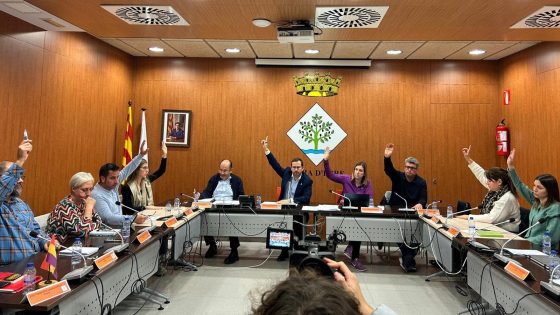The campaign to encourage voting in the upcoming language consultation in Spain has officially begun. Scheduled from February 25 to March 4, the initiative promotes the coexistence of Spanish and Catalan under the motto “Two languages, one Community.” Will this consultation reshape the educational landscape in Spain?
- Campaign launched to encourage language voting
- Consultation on language base in education
- Emphasis on educational freedom and choice
- Concerns over Catalan language protection
- Debate on equality of Spanish and Catalan
- Criticism of new educational language law
Spain’s Language Consultation: What It Means for Education
What impact will the language consultation have on students and families? The Spanish government aims to restore educational freedom by allowing schools to choose their primary language of instruction. This consultation will determine the balance of classes in Spanish and Catalan across educational institutions.
Understanding the Language Consultation’s Goals and Implications
The consultation aims to give families a voice in their children’s education. Here are some key points:
- Families will vote on the primary language of instruction in schools.
- The results will dictate the distribution of Spanish and Catalan classes.
- The government emphasizes the importance of bilingual competence for all students.
- Participation is encouraged to ensure a representative outcome.
The Role of the Government in Language Education
Spanish officials, including President Carlos Mazón, stress that the initiative is about educational freedom. However, critics argue that this could undermine the use of Catalan in schools. The government claims that every student should be proficient in both languages, regardless of their primary language of instruction.
Challenges Ahead: Balancing Language Rights and Educational Freedom
While the government promotes this initiative as a step towards pluralism, many fear it may lead to a decline in Catalan language education. The consultation’s results could lead to significant changes in school structures, potentially forcing some students to switch schools based on language preferences.
Community Reactions and Concerns
Community responses to the consultation have been mixed. Some families welcome the opportunity to choose their preferred language, while others worry about the implications for Catalan language preservation. The government insists that the decision will respect the wishes of the majority, but will it truly reflect the community’s needs?
As Spain embarks on this significant language consultation, the outcomes could reshape the educational landscape and influence broader discussions about language rights and identity in the region.






























